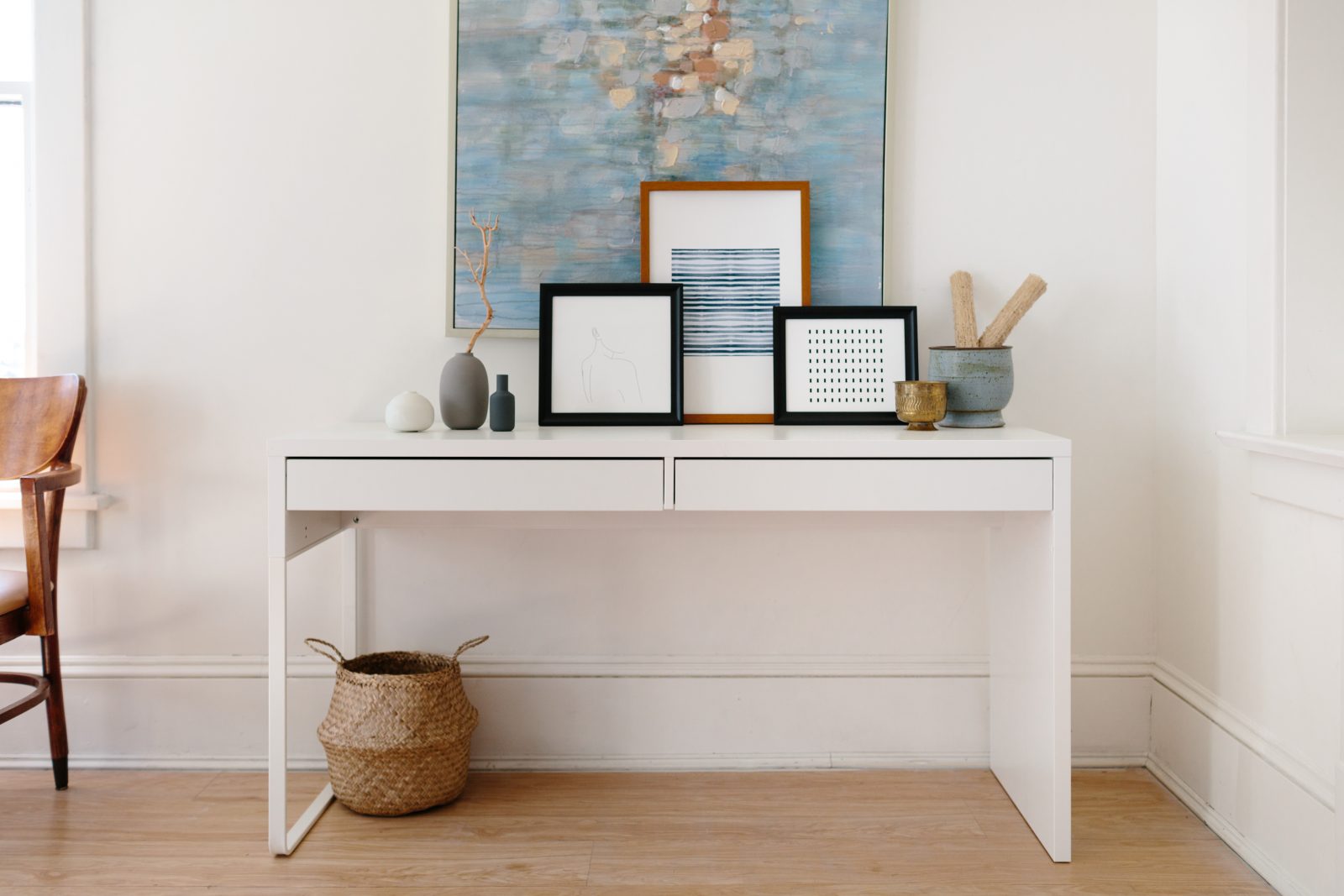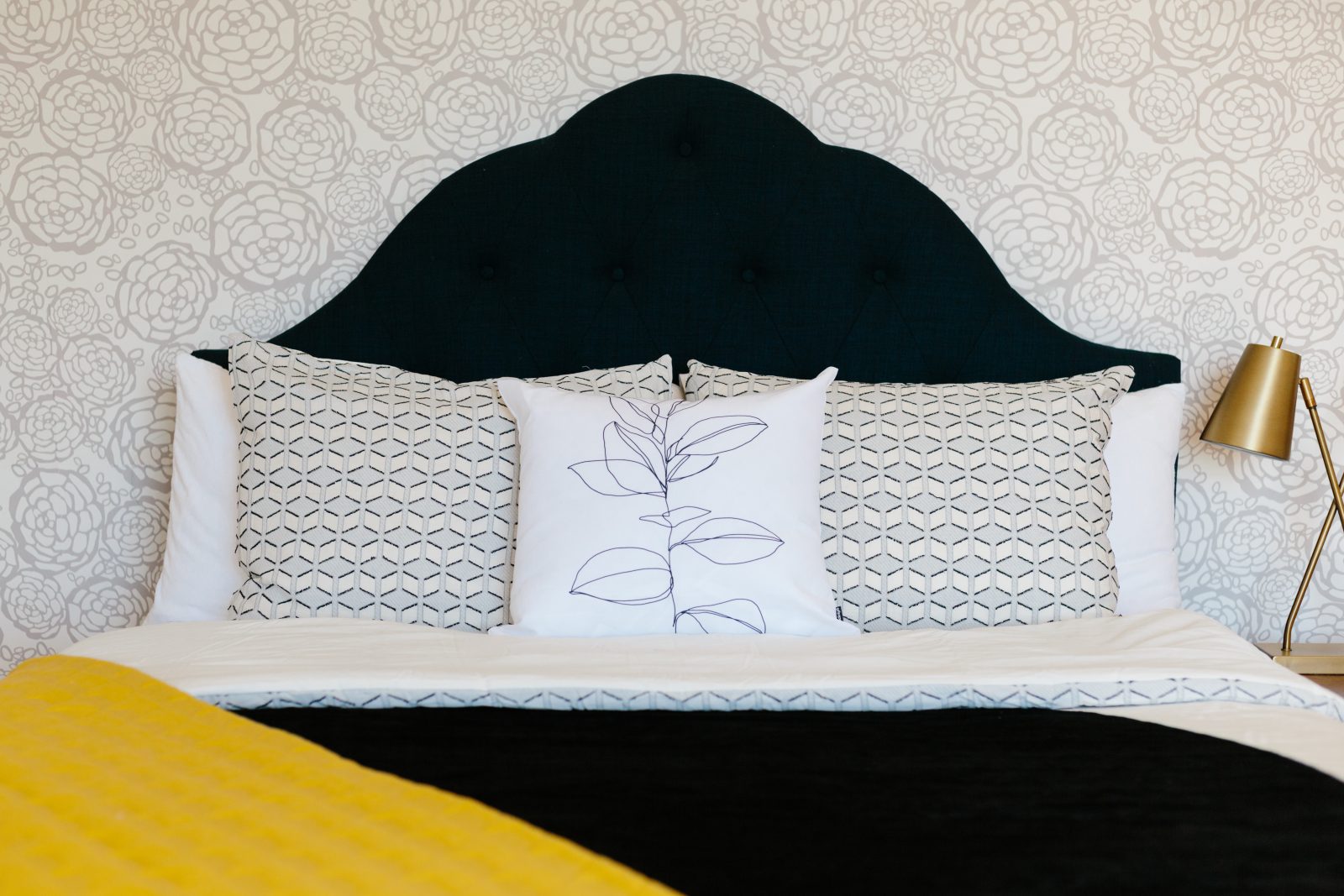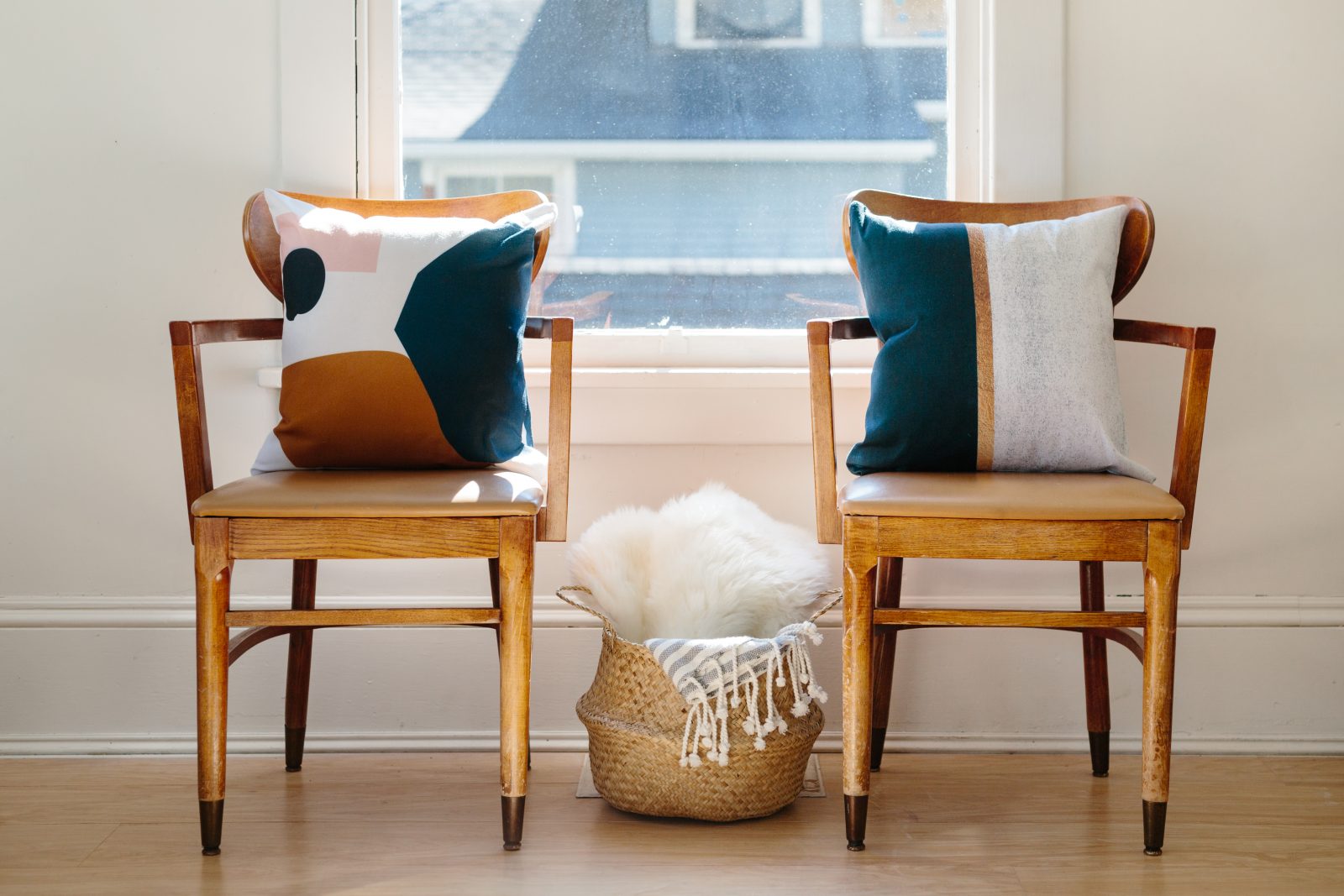Imperfect, impermanent, incomplete.
No, these three adjectives aren’t describing the way you feel after a breakup—they’re the tenants of Wabi Sabi, a Japanese aesthetic ideal. Derived from Buddhist teachings, Wabi Sabi aims to make you feel the beautiful simplicity and melancholic transience of life and the natural world. With a focus on imperfection, following the style of Wabi Sabi is a perfect way to realistically incorporate minimalism and an attainable design aesthetic into your life.
1. Learn To Find Beauty In Simplicity
One of the teachings of Wabi Sabi is to strive to learn to find beauty in even the simplest of things—a raindrop, a fallen autumn leaf, a curved twig. By taking a moment to notice the attractiveness of something you’d normally ignore, you give it dignity and find yourself in awe of something small. Having this attitude can keep you not only living in the present, but full of joy as well. When decorating your space, choose items that aren’t flashy and brash, but rather delicate and plain—they won’t be boring when you look at them through this new lens!

2. Bring The Natural World In
Wabi Sabi mimics the natural world in that it embraces the idea that “nothing lasts, nothing is finished, and nothing is perfect”. Remind yourself of the continual growth, death, and regrowth of life by bringing elements of nature into your space. Don’t go crazy boho with a jungle of plants, but rather focus on tending to a delicate orchid or keep a few branches in a vase—their undulating lines are a beautiful design element and they’re usually cheaper and much longer-lasting than traditional flowers.
3. Clear The Clutter
It’s hard to appreciate the things around you when you can’t see them. By cleaning out and organizing your space, you open yourself up to the possibility of being surrounded with things you truly enjoy. Take note of the items you actually use and those that are just sort-of sitting around. By stocking your home intentionally, it’s easier for you to notice the beauty of the objects that are all around you.

4. Shop Small
Mass production is the enemy of Wabi Sabi—instead, it loves flea markets, artisanal craftsman and unique designs that speak to you in a personal way. Purchase items that feel special and one-of-a-kind and you’ll find yourself feeling connected to them in a more appreciative way. And with society6 you know that any purchase you make not only pays an artist directly, but is mostly likely one of few in the world like it!
5. Embrace Imperfections
Yep—we saved the best for last. With all these tips and tricks to create a cozy, Japanese minimalist space, it can get a bit overwhelming. Don’t worry, the most important part of Wabi Sabi is to hug imperfections tightly, embracing the wonkiness of life with an open heart. If you chip your favorite mug while dancing to Beyonce, don’t throw it out—let the chip remind you of a time when you were filled with joy. And while practicing Wabi Sabi will make you a more thoughtful, present person, but it won’t make you a perfect one—nothing is perfect, and that’s the beauty of it.


Comments